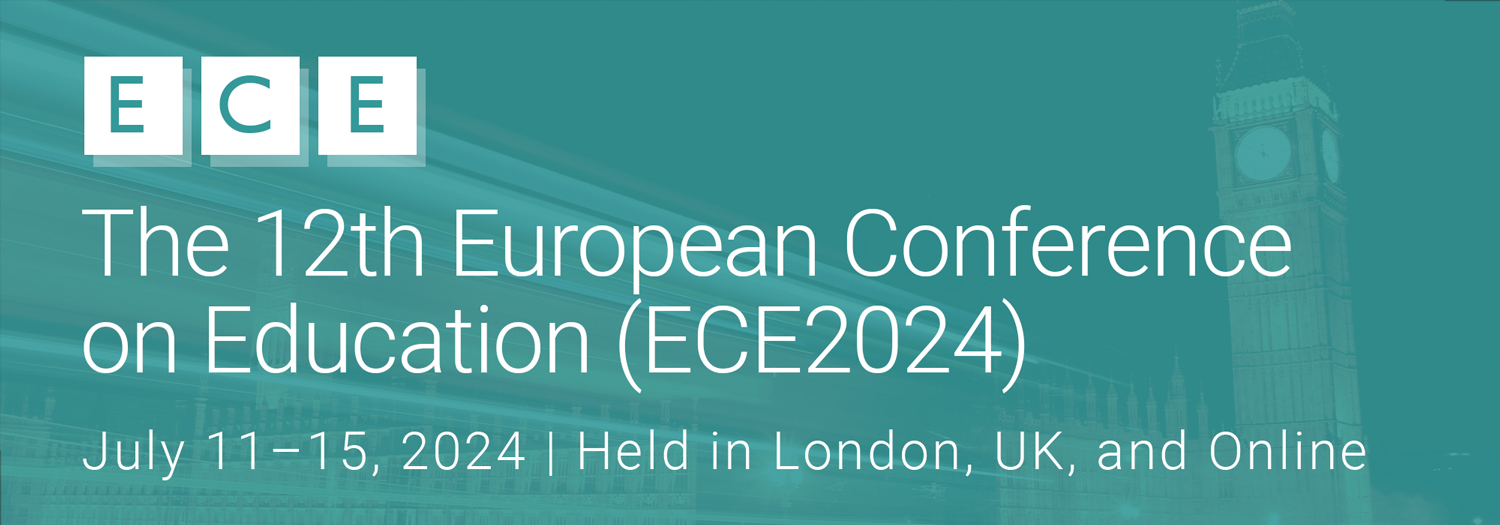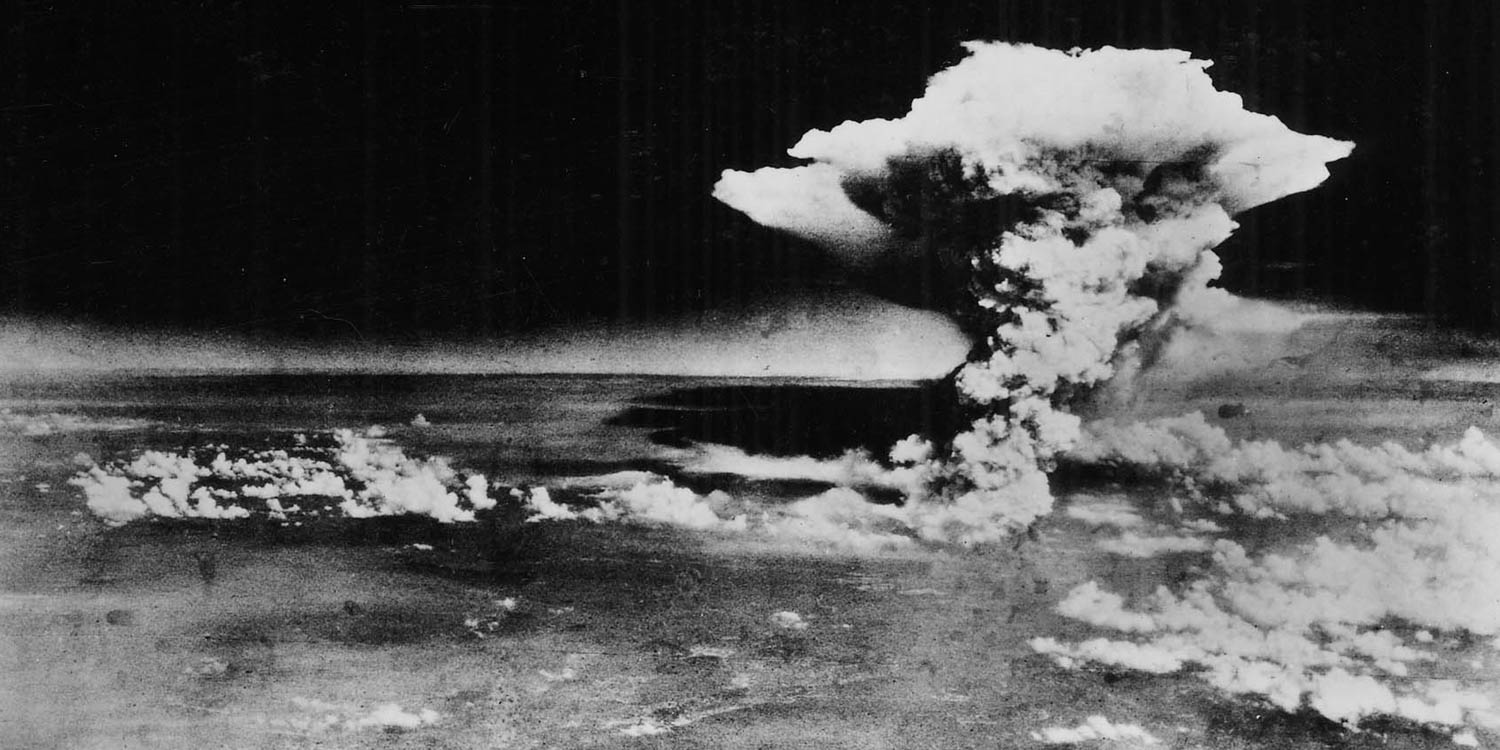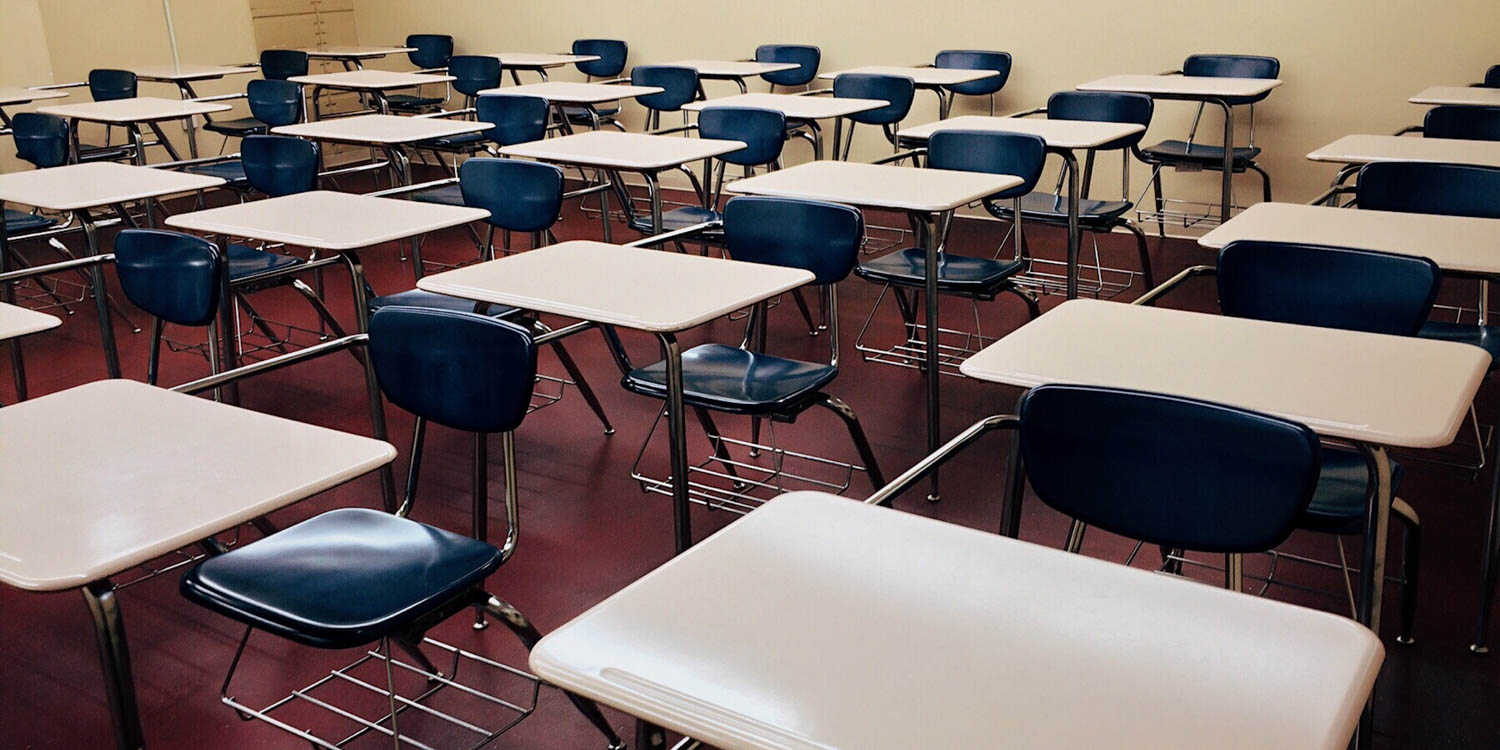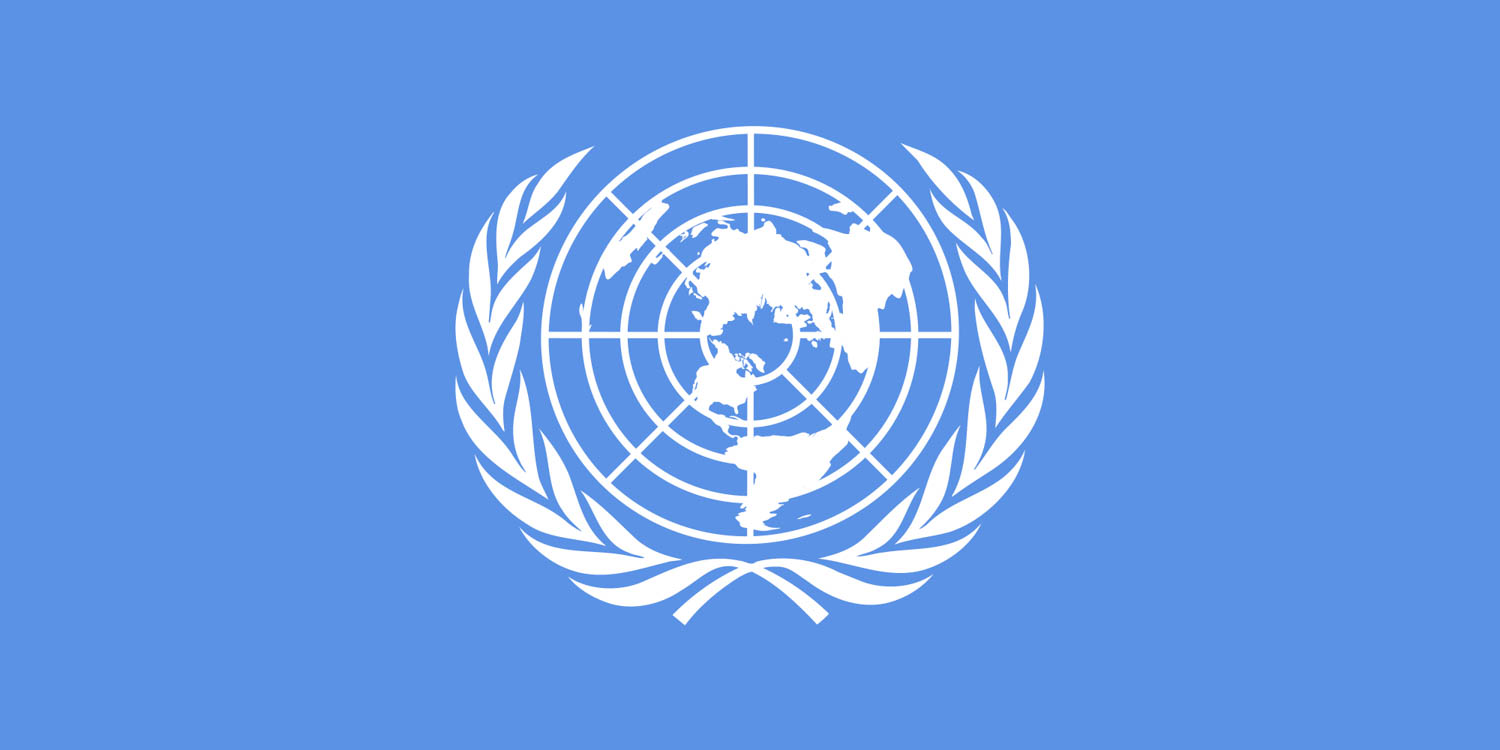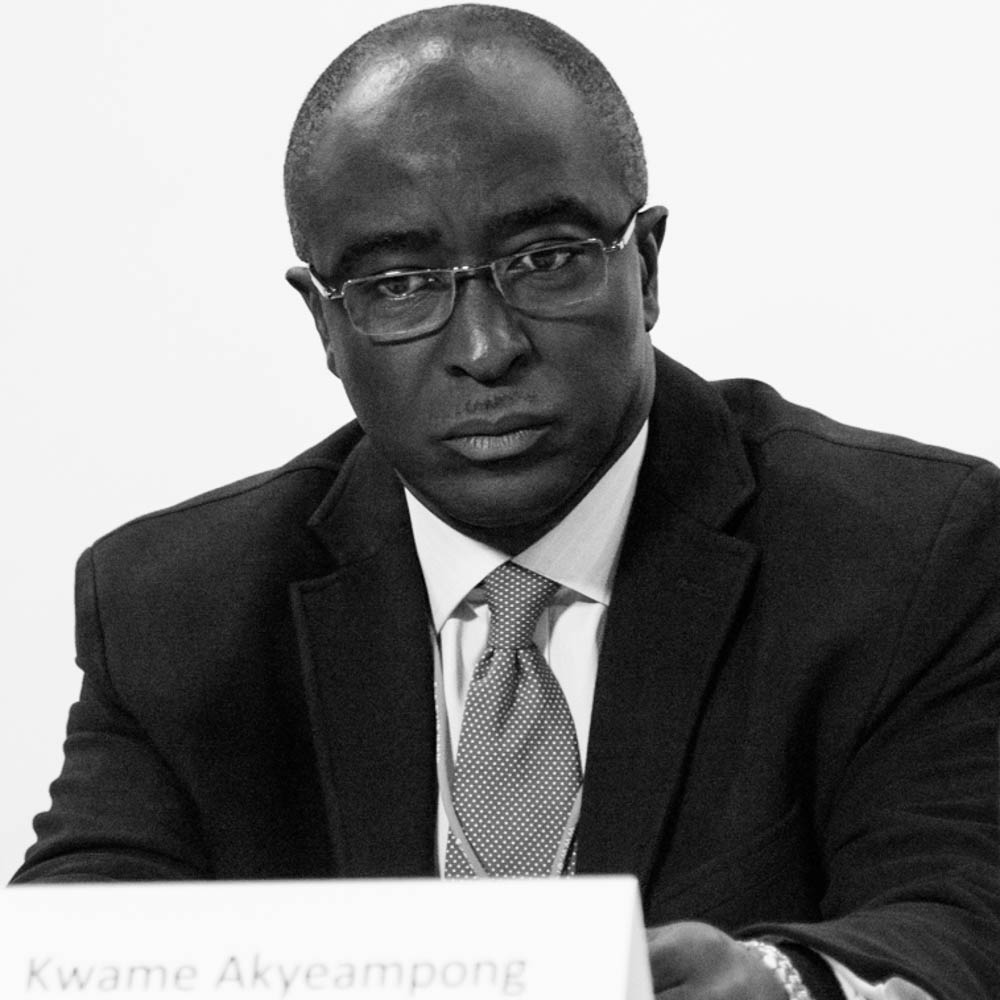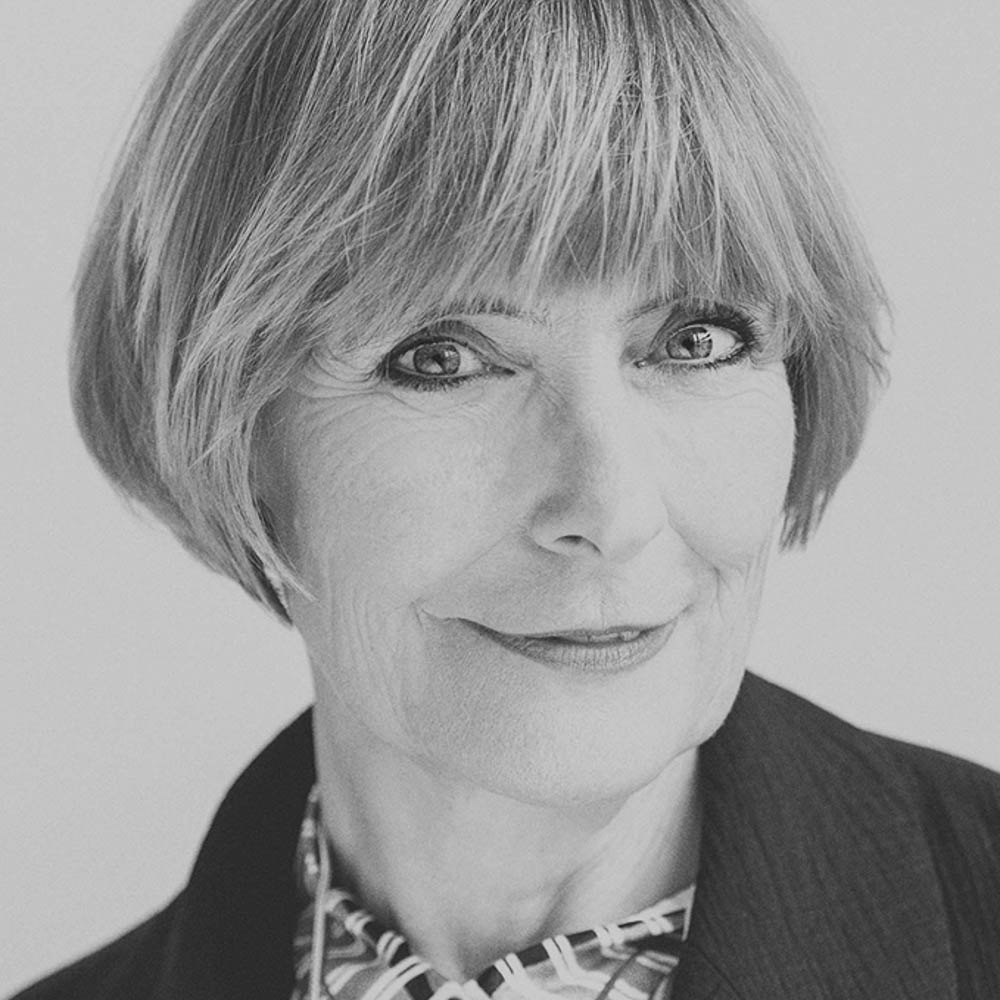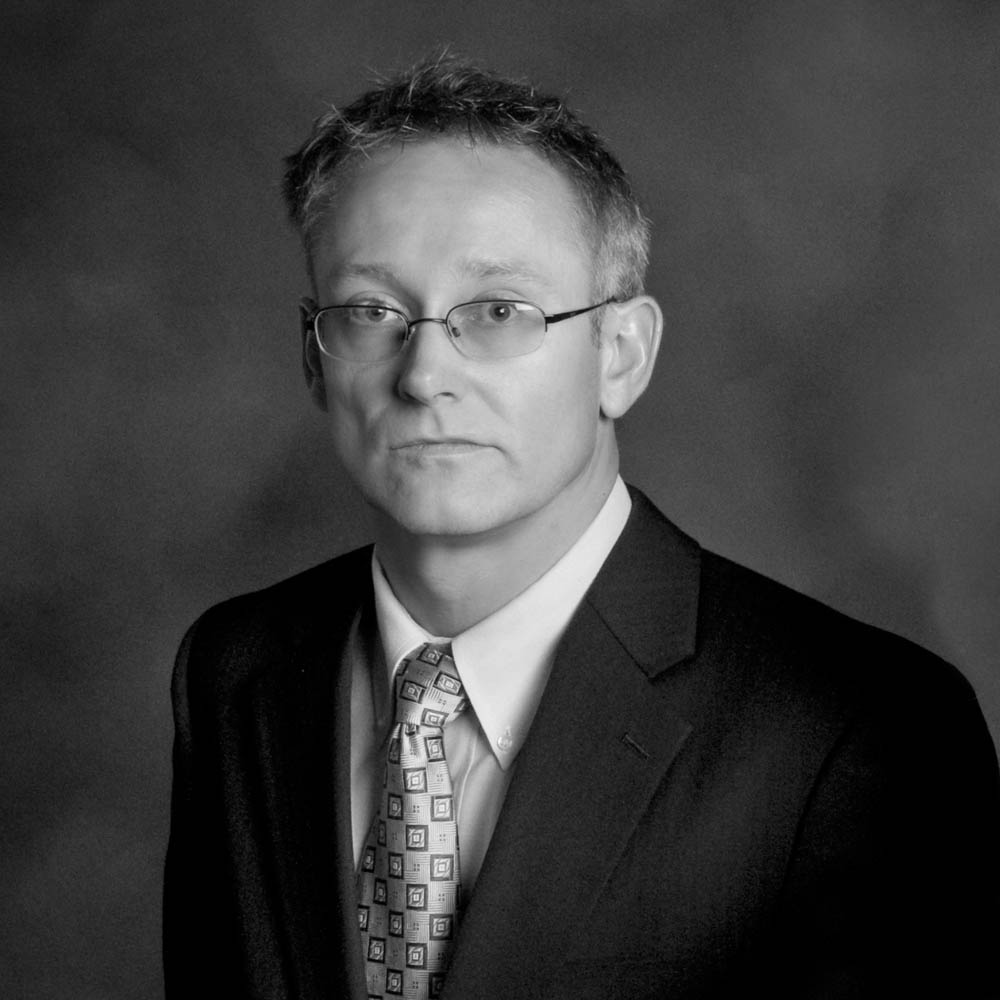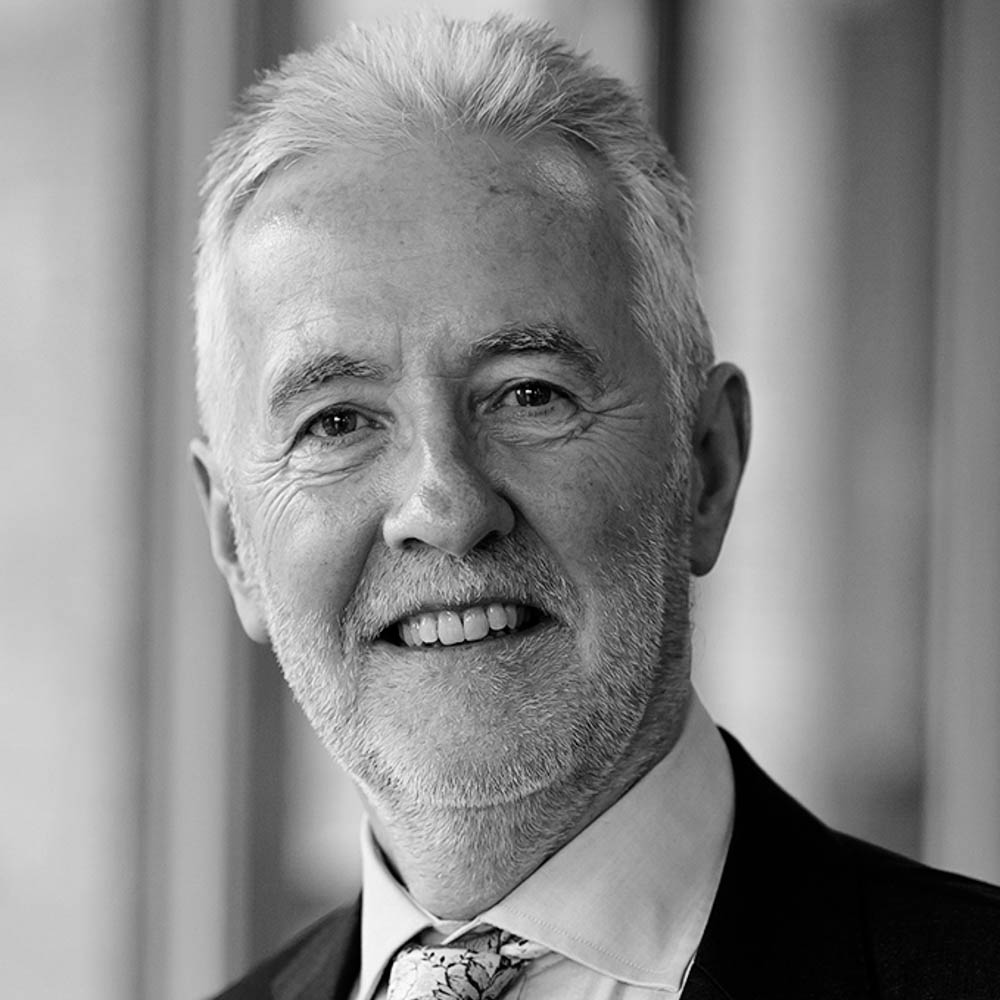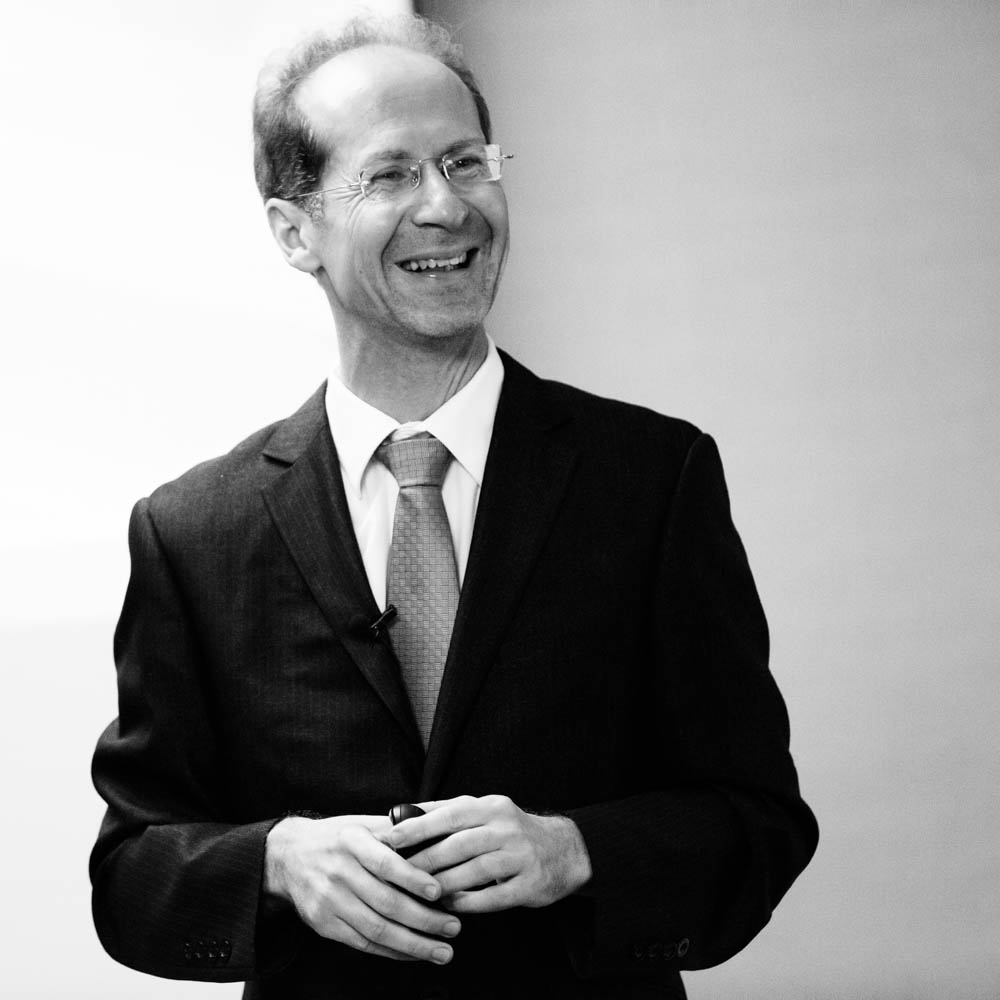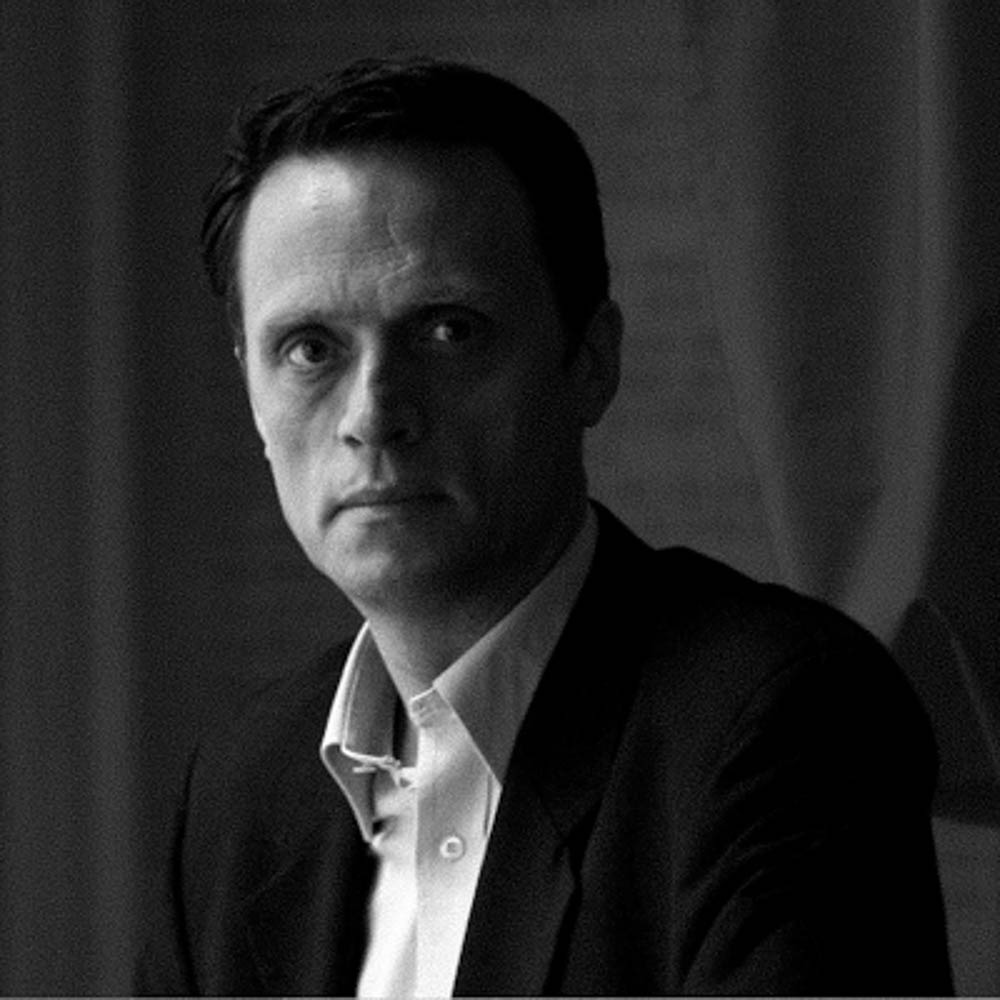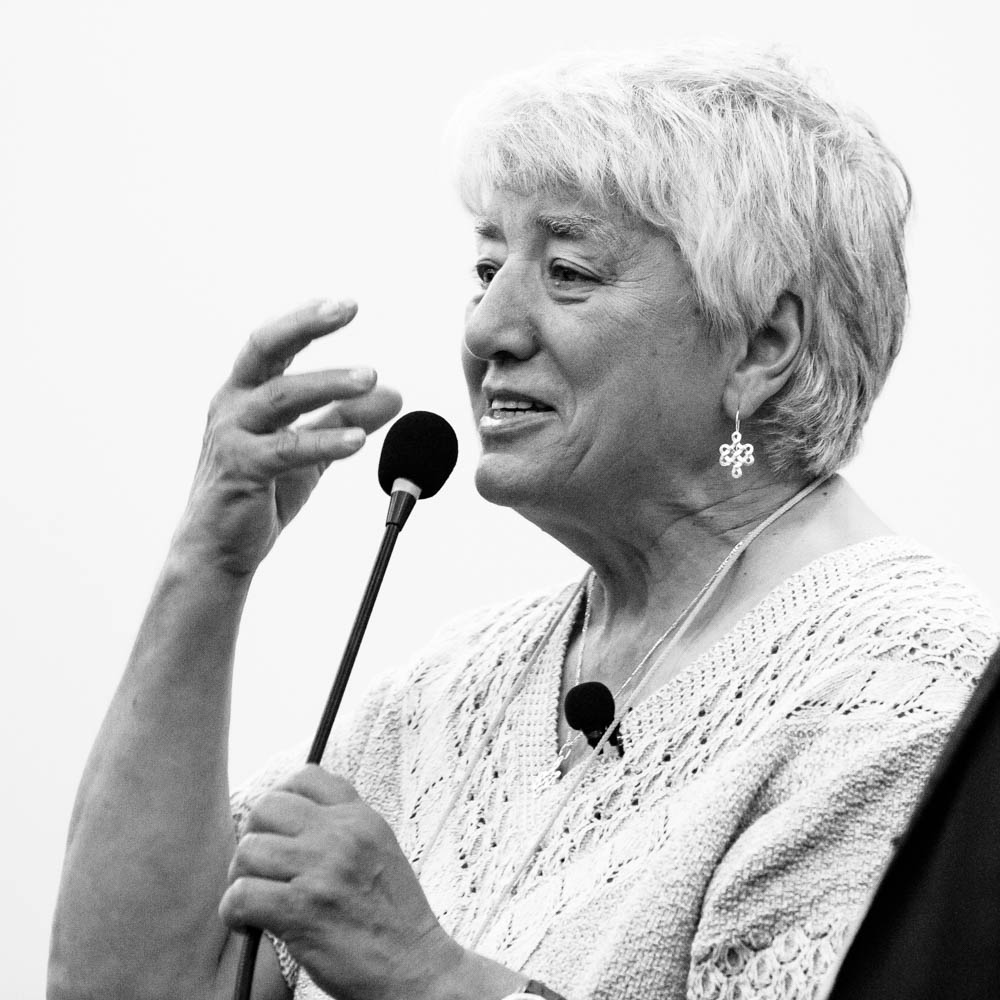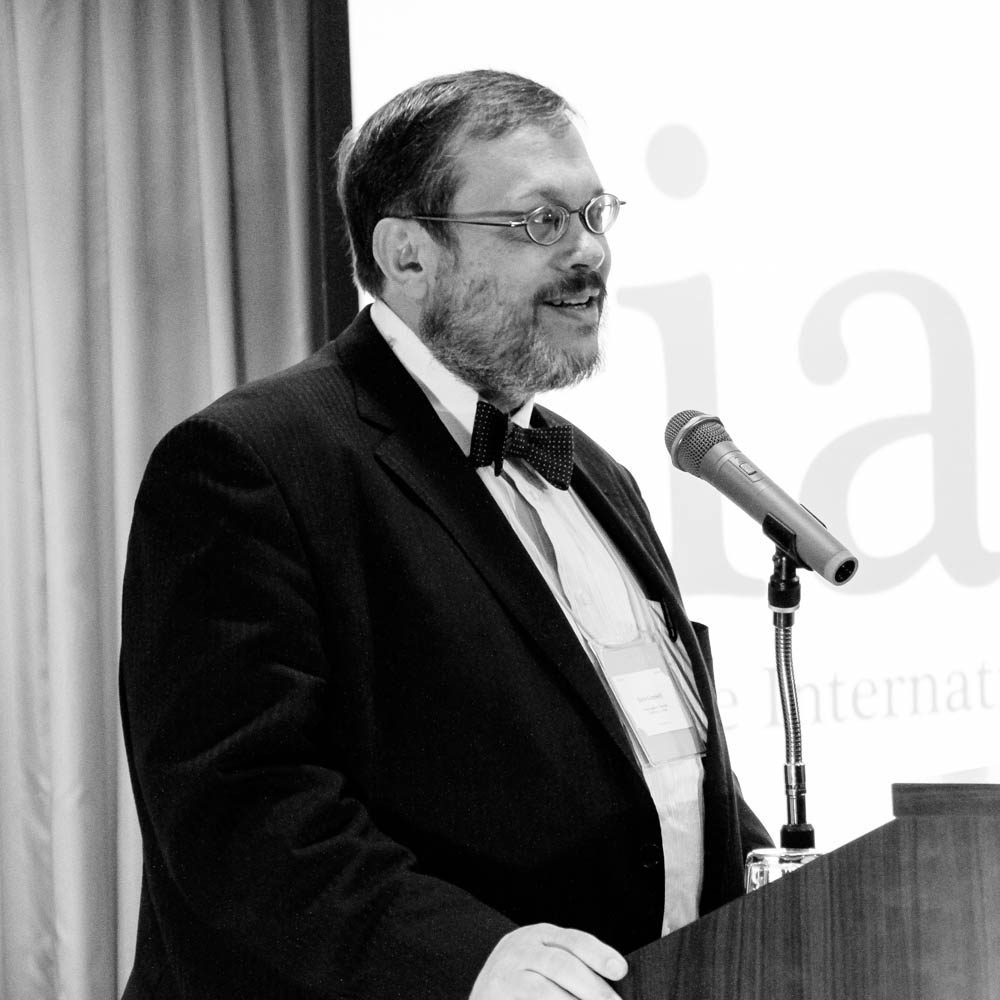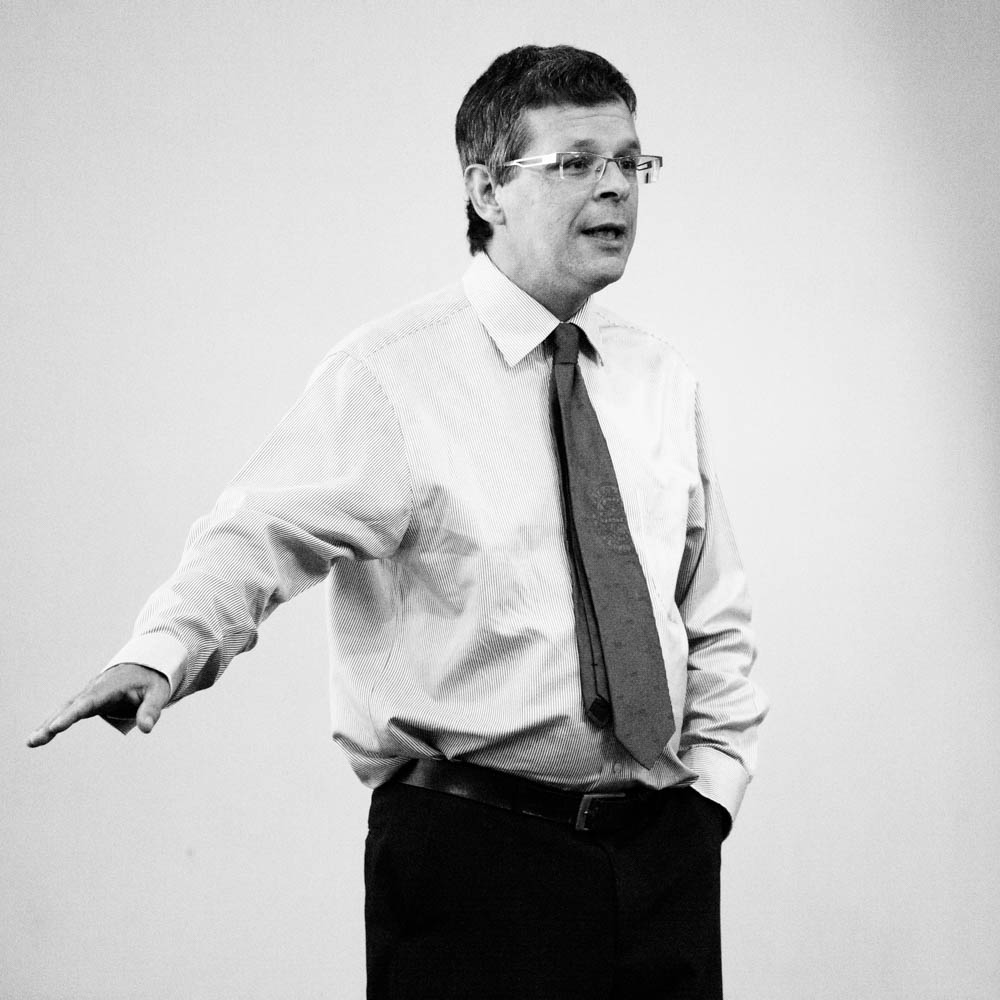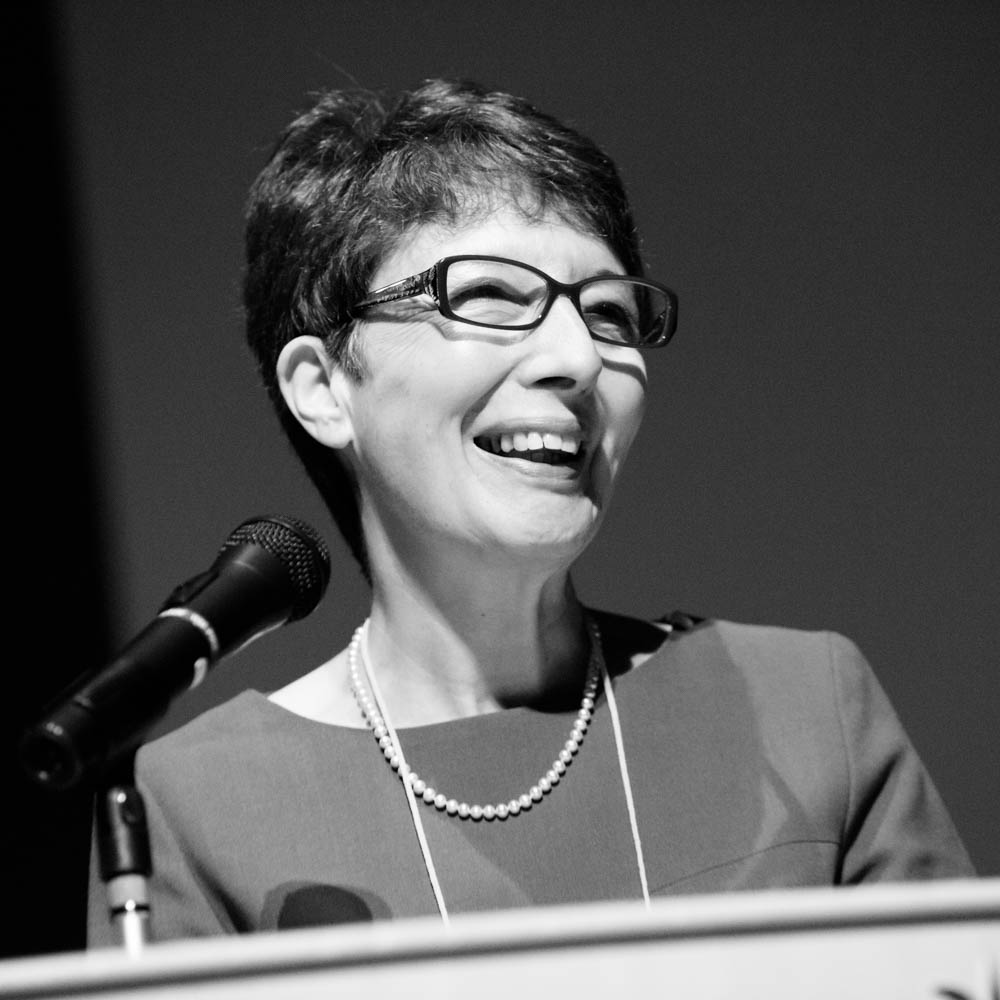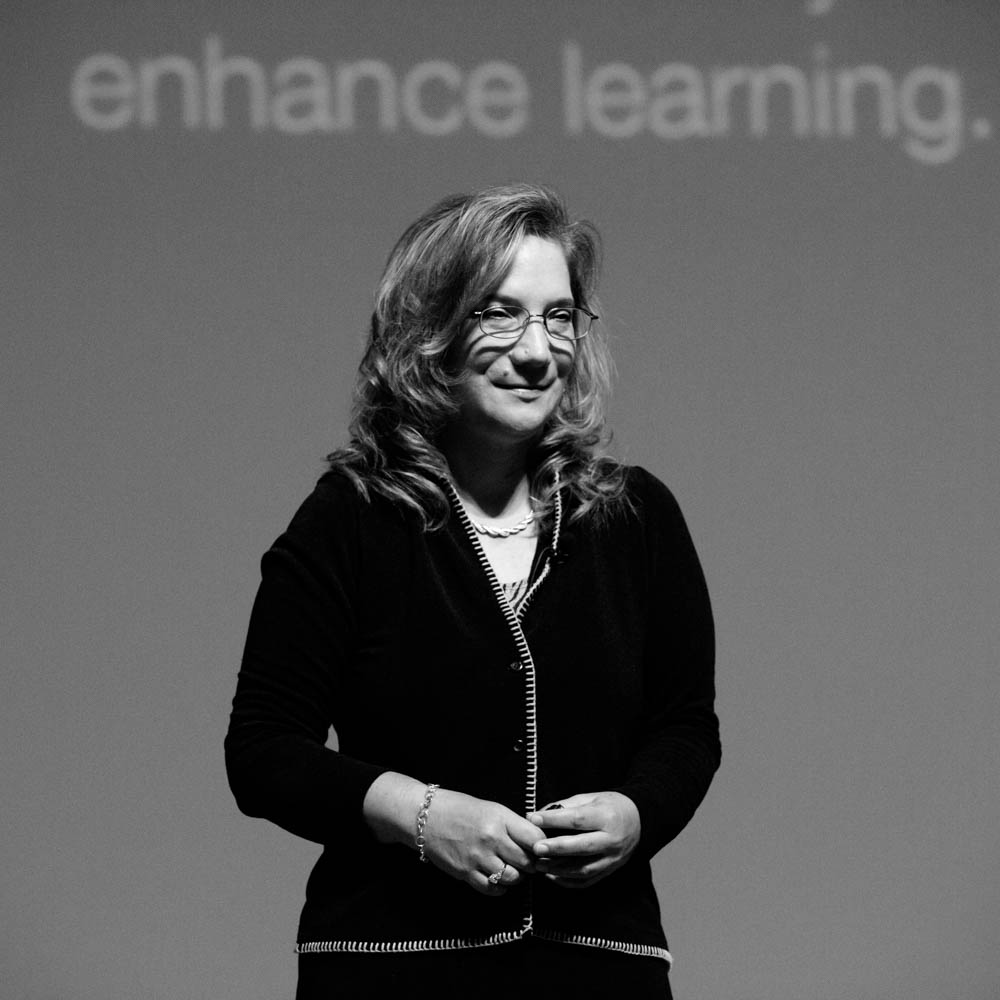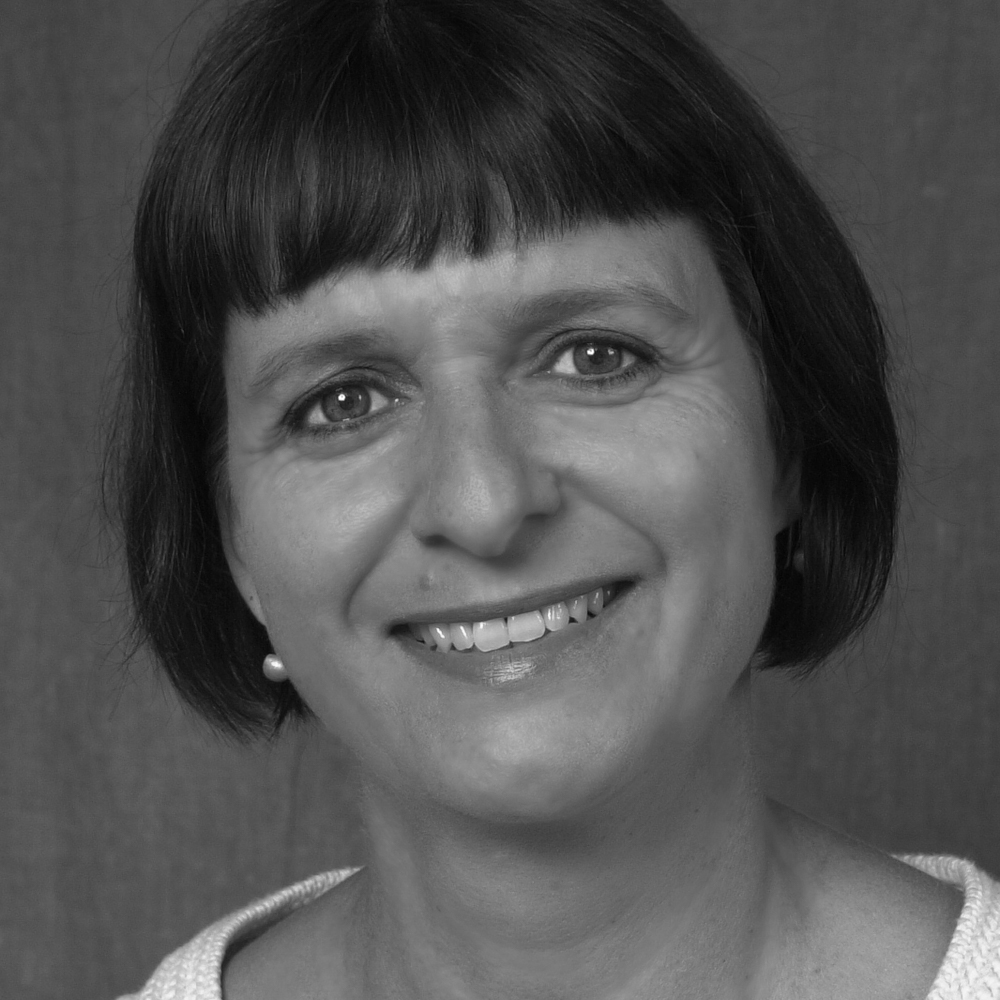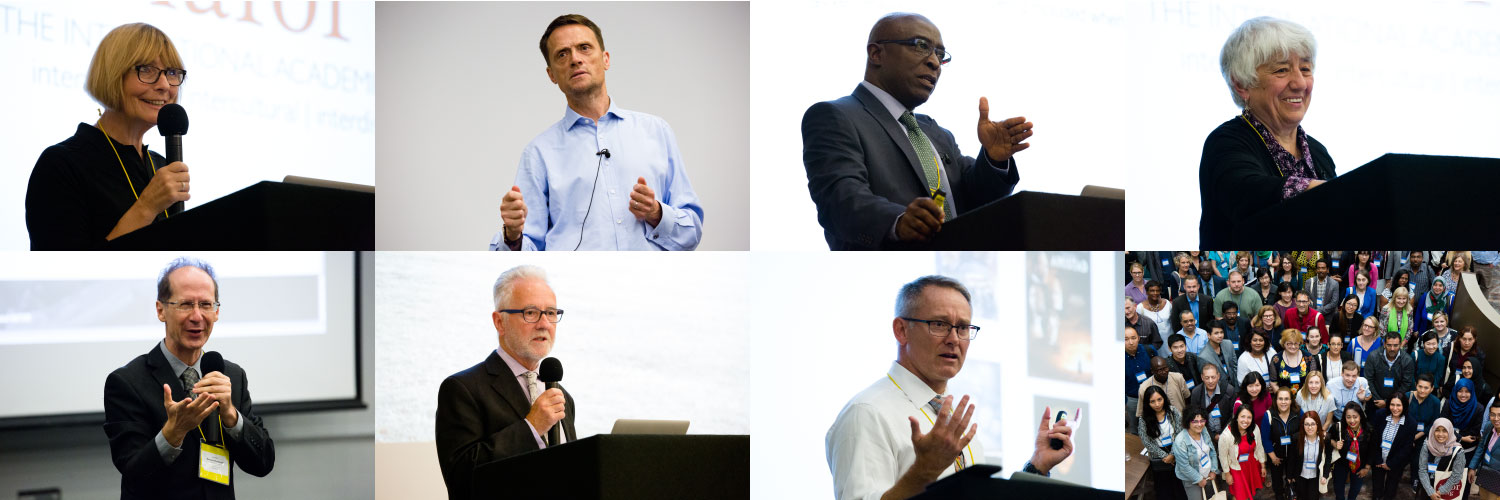
Photographs of The European Conference on Education 2017 (ECE2017) in Brighton, UK
Conference Theme: "Educating for Change"
June 30 – July 2, 2017 | The Jurys Inn Brighton Waterfront, Brighton, UK
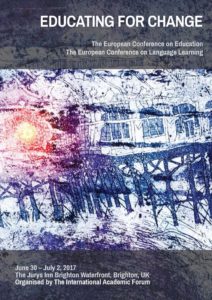
Why are we in teaching and learning if not to be able to help enrich the lives of our students? Educational institutions at all levels, and of all types, should continue to strive for social change in today’s world. Beyond the apparent simplicity of our conference theme, however, there is great scope for wide-ranging responses to the question of just how we go about educating for change, by examining the inherent challenges and responsibilities faced by educators the world over.
Education, too frequently, is the victim of politics, and, worse, sometimes ideologies. Politicians and bureaucrats devise and implement policies to effect change that range from curriculum structure and goals to manipulating budgets on behalf of interest groups and their lobbyists. Questions relating to accountability, transparent governance and community relations are too frequently avoided.
Within the classroom itself, bridging the gap between policy, theory and practice, whether traditional or virtual, teachers and professors de facto become, at varying levels, agents for change. Beyond providing students with resources for study in given fields, they also support them by often being seen as acting not merely as mentors, but also as role models.
These issues are part of the global transformation affecting all human civilisation. How can we as teachers function effectively in a very uncertain environment? How do we help to equip our students with the intellectual and existential tools they require? How do we narrow the gap between theory and practice? How do we make decisions about curriculum and course context in the face of political pressure and social norms? What is the role of interdisciplinary studies in educating for change? And, at the macro level, how can we stimulate awareness of issues such as education assisting the promotion of social justice?
Programme
-
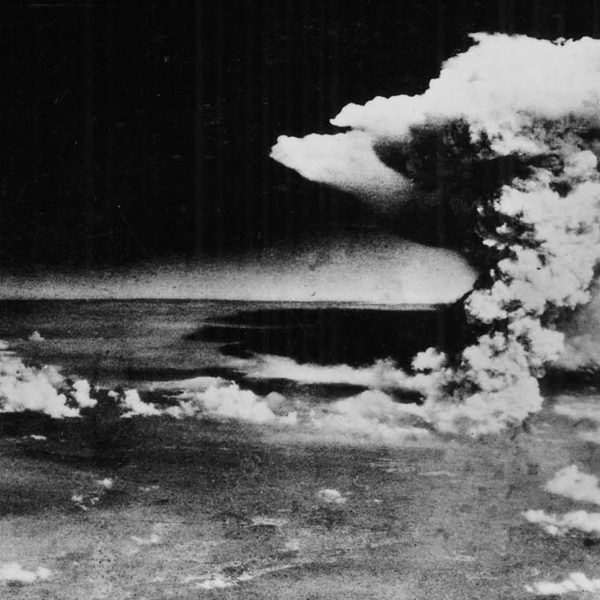 Teaching Difficult Histories Through Film: Examples and Perspectives from the FieldFeatured Presentation: David Hicks
Teaching Difficult Histories Through Film: Examples and Perspectives from the FieldFeatured Presentation: David Hicks -
 The Impact of Weekly Correction and Feedback in a French Composition ClassSpotlight Presentation: Bernard Montoneri
The Impact of Weekly Correction and Feedback in a French Composition ClassSpotlight Presentation: Bernard Montoneri -
 Think Like a System, Act Like an EntrepreneurPlenary Panel Presentation I: Matthew Taylor & Ann Boddington
Think Like a System, Act Like an EntrepreneurPlenary Panel Presentation I: Matthew Taylor & Ann Boddington -
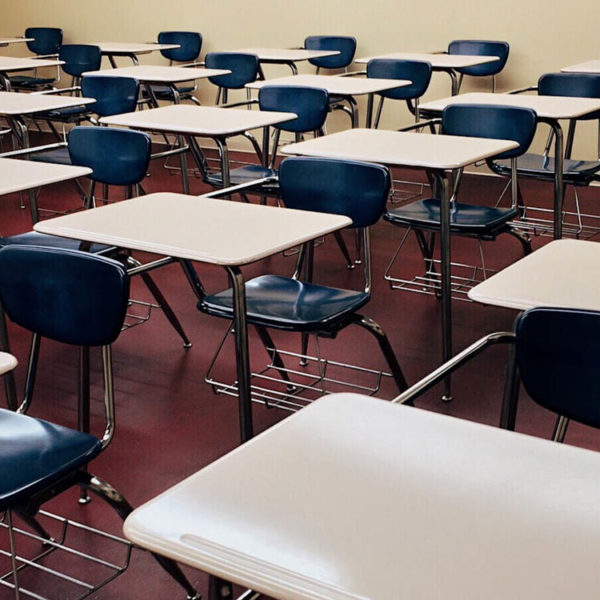 Transforming the Educational Experience of African Children Through Emancipatory ResearchKeynote Presentation: Kwame Akyeampong
Transforming the Educational Experience of African Children Through Emancipatory ResearchKeynote Presentation: Kwame Akyeampong -
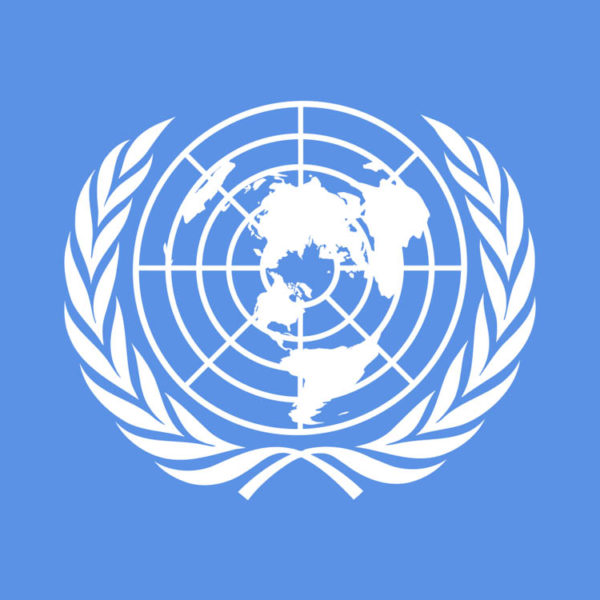 Education for Change: Addressing the Challenges of UN Sustainable Development Goal 4Plenary Panel Presentation II: Kwame Akyeampong & Brian Hudson
Education for Change: Addressing the Challenges of UN Sustainable Development Goal 4Plenary Panel Presentation II: Kwame Akyeampong & Brian Hudson -
 The Three Barriers on the Way to International Communication: Which Is the Most Difficult to Shatter, and How Can It Be Done?Keynote Presentation: Svetlana Ter-Minasova
The Three Barriers on the Way to International Communication: Which Is the Most Difficult to Shatter, and How Can It Be Done?Keynote Presentation: Svetlana Ter-Minasova
Speakers
-
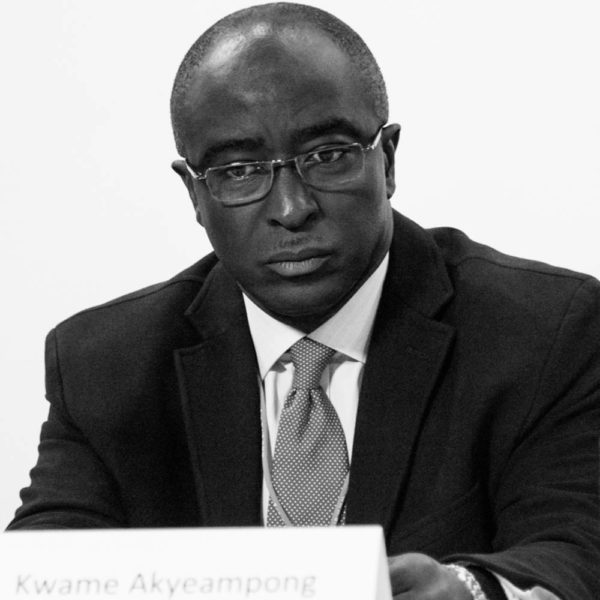 Kwame AkyeampongUniversity of Sussex, UK
Kwame AkyeampongUniversity of Sussex, UK -
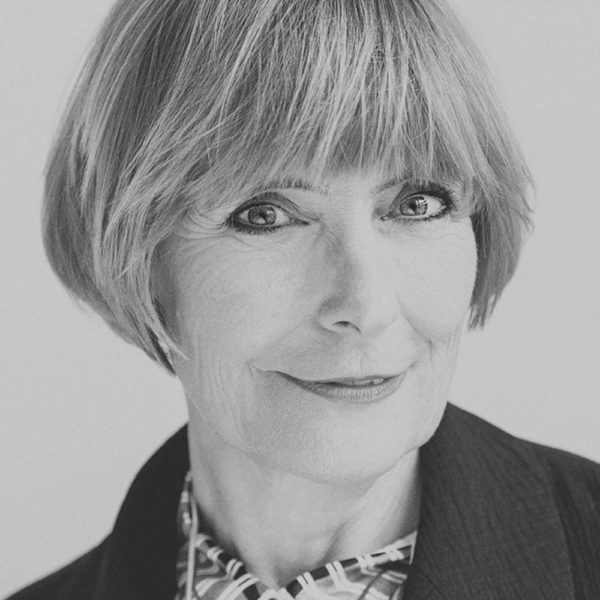 Anne BoddingtonUniversity of Brighton, UK
Anne BoddingtonUniversity of Brighton, UK -
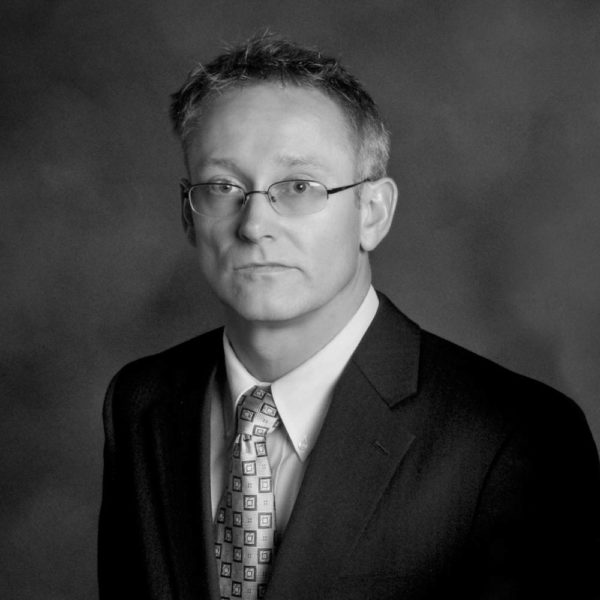 David HicksVirginia Tech, USA
David HicksVirginia Tech, USA -
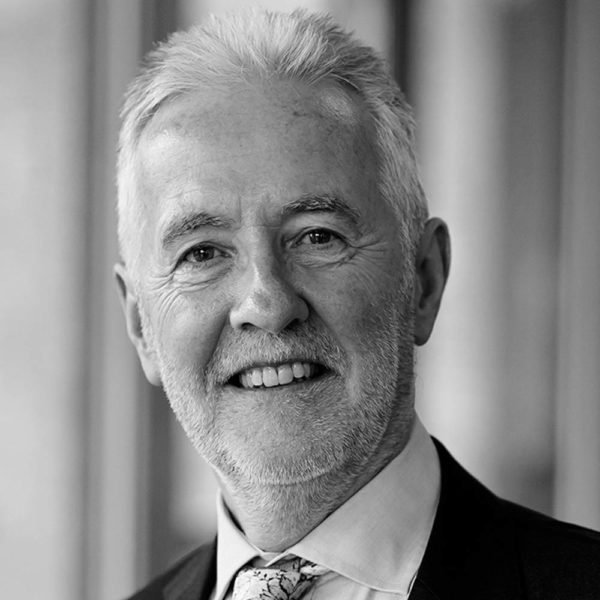 Brian HudsonUniversity of Sussex, UK
Brian HudsonUniversity of Sussex, UK -
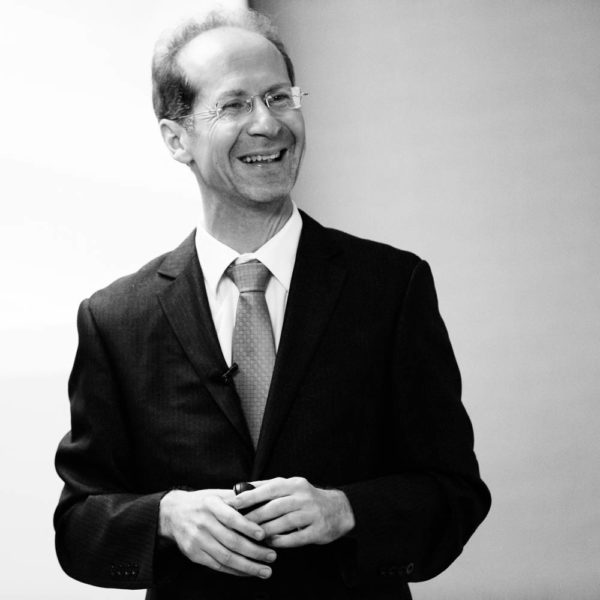 Bernard MontoneriTamkang University, Taiwan
Bernard MontoneriTamkang University, Taiwan -
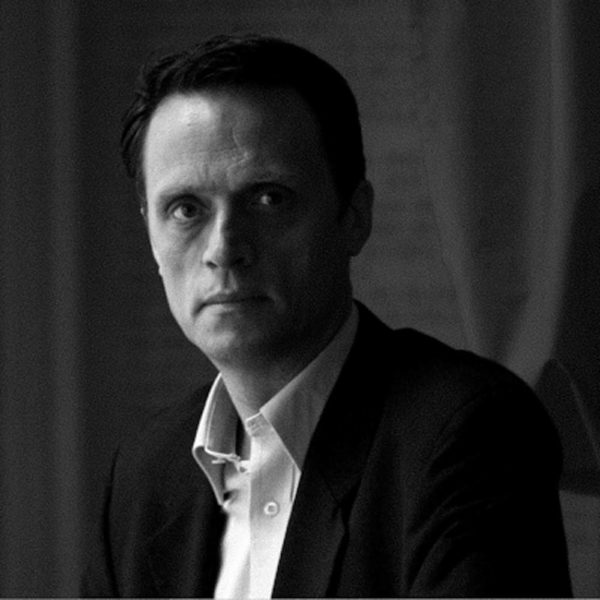 Matthew TaylorRSA (Royal Society for the encouragement of Arts, Manufactures and Commerce), UK
Matthew TaylorRSA (Royal Society for the encouragement of Arts, Manufactures and Commerce), UK -
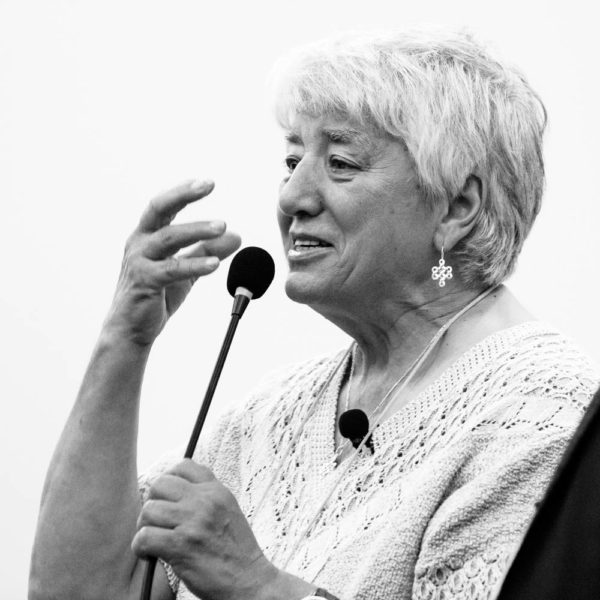 Svetlana Ter-MinasovaLomonosov Moscow State University, Russia
Svetlana Ter-MinasovaLomonosov Moscow State University, Russia
Organising Committee
The Conference Programme Committee is composed of distinguished academics who are experts in their fields. Conference Programme Committee members may also be members of IAFOR's International Academic Board. The Organising Committee is responsible for nominating and vetting Keynote and Featured Speakers; developing the conference programme, including special workshops, panels, targeted sessions, and so forth; event outreach and promotion; recommending and attracting future Conference Programme Committee members; working with IAFOR to select PhD students and early career academics for IAFOR-funded grants and scholarships; and overseeing the reviewing of abstracts submitted to the conference.
-
 Anne BoddingtonUniversity of Brighton, UK
Anne BoddingtonUniversity of Brighton, UK -
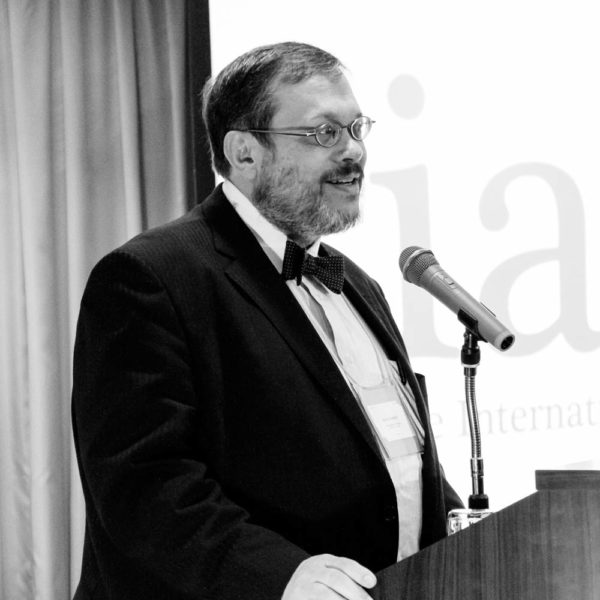 Steve Cornwell (1956-2022)The International Academic Forum (IAFOR) & Osaka Jogakuin University, Japan
Steve Cornwell (1956-2022)The International Academic Forum (IAFOR) & Osaka Jogakuin University, Japan -
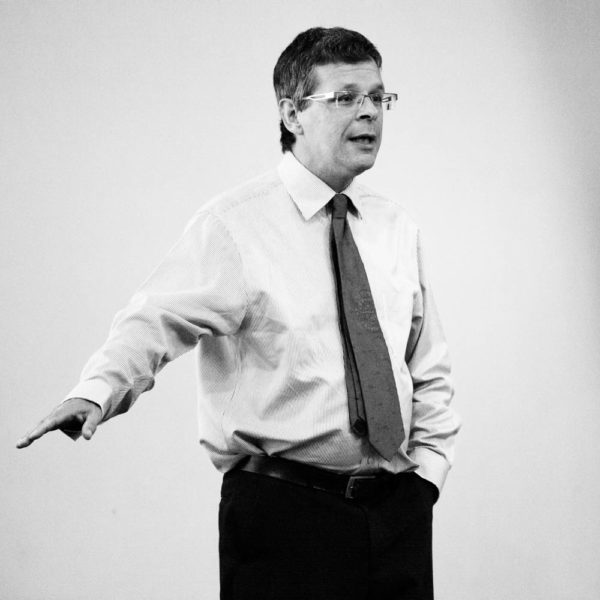 Jean-Marc DewaeleBirkbeck, University of London, UK
Jean-Marc DewaeleBirkbeck, University of London, UK -
 Joseph HaldaneThe International Academic Forum (IAFOR), Japan
Joseph HaldaneThe International Academic Forum (IAFOR), Japan -
 Brian HudsonUniversity of Sussex, UK
Brian HudsonUniversity of Sussex, UK -
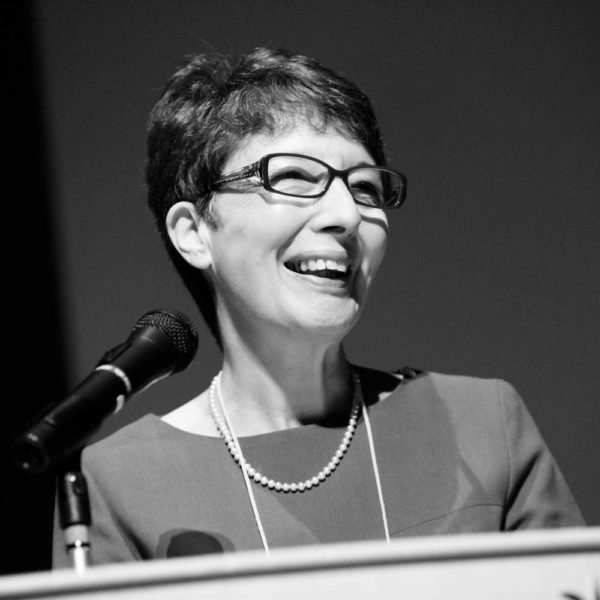 Sue JacksonBirkbeck, University of London, UK
Sue JacksonBirkbeck, University of London, UK -
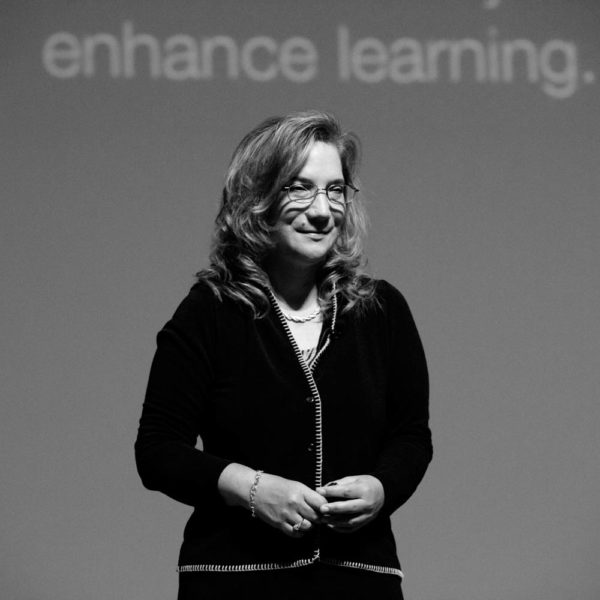 Barbara LockeeVirginia Tech., USA
Barbara LockeeVirginia Tech., USA -
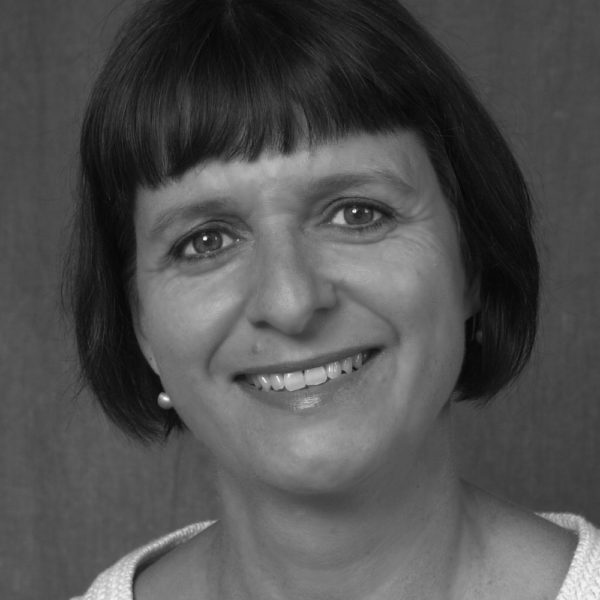 Linda MorriceUniversity of Sussex, UK
Linda MorriceUniversity of Sussex, UK
Review Committee
ECE2017 Review Committee
- Dr Agatha Ojeme, University of Benin, Nigeria
- Dr Beth Rankin, Australian Catholic University, Australia
- Dr Chia Pei Wu, I-Shou University, Taiwan
- Dr Habsah Hussin, Universiti Putra Malaysia, Malaysia
- Dr Jane Webb-Williams, University of South Australia, Australia
- Dr Jennifer Vincent, Champlain College, United States
- Dr Jocelyn Bartolata, Bicol University, The Philippines
- Dr Katy Campbell, University of Alberta, Canada
- Dr Luisa Daniele, The Italian Institute of Research for the Development of the Training System for Worker, Italy
- Dr Ma. Celina Eladia Meneses, Bicol University, The Philippines
- Dr Martiallou Organiza, University of The Visayas, The Philippines
- Professor Mary Felicia Opara, Anambra State University, Nigeria
- Dr Nina Stankous, National University, United States
- Dr Sudha Pingle, University of Mumbai, India
- Dr Takalani Mashau, University of Venda, South Africa
- Dr Teri Marcos, National University, United States
- Dr Theo Gilbert, University of Hertfordshire, United Kingdom
- Dr Wei-Ni Wang, National Chung Cheng University, Taiwan
ECLL2017 Review Committee
- Dr Despoina Panou, Ministry of Education, Greece
- Dr Elizabeth Ruiz Esparza Barajas, Universidad De Sonora, Mexico
- Dr Hasan Alwadi, University of Bahrain - Bahrain Teachers College, Bahrain
- Dr Hoda Thabet, Sohar University, Oman
- Dr Mohammed Nihad Ahmed, University of Mosul, Iraq
- Dr Rasha Osman Abdel Haliem, The Higher Technological Institute and Amideast, Egypt
- Dr Shahnaz Begum, Millat College (under L. N. Mithila University), India
- Dr Solange Aranha, UNESP, Brazil
- Dr Tito Endrina, Department of Education, The Philippines
- Dr Vineeta Saluja, Indian Institute of Information Technology Design and Manufacturing, India
IAFOR's peer review process, which involves both reciprocal review and the use of Review Committees, is overseen by conference Organising Committee members under the guidance of the Academic Governing Board. Review Committee members are established academics who hold PhDs or other terminal degrees in their fields and who have previous peer review experience.
If you would like to apply to serve on the ECE2019 Review Committee, please visit our application page.
